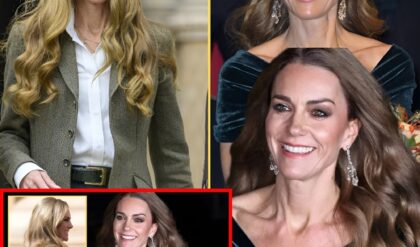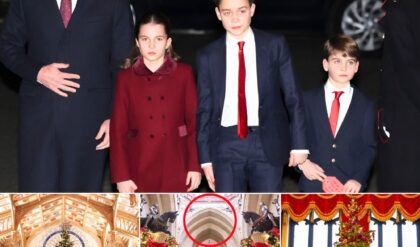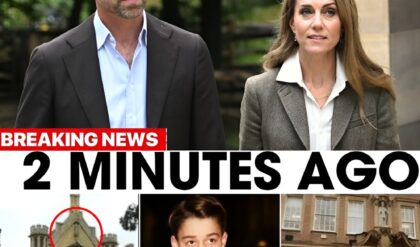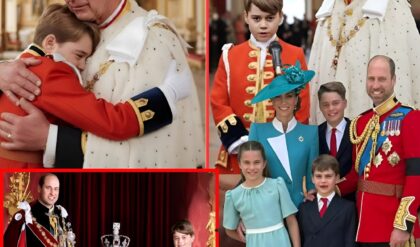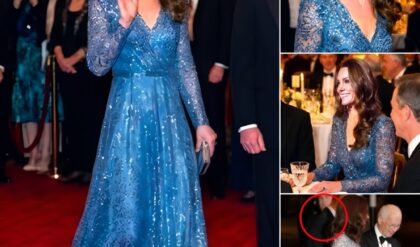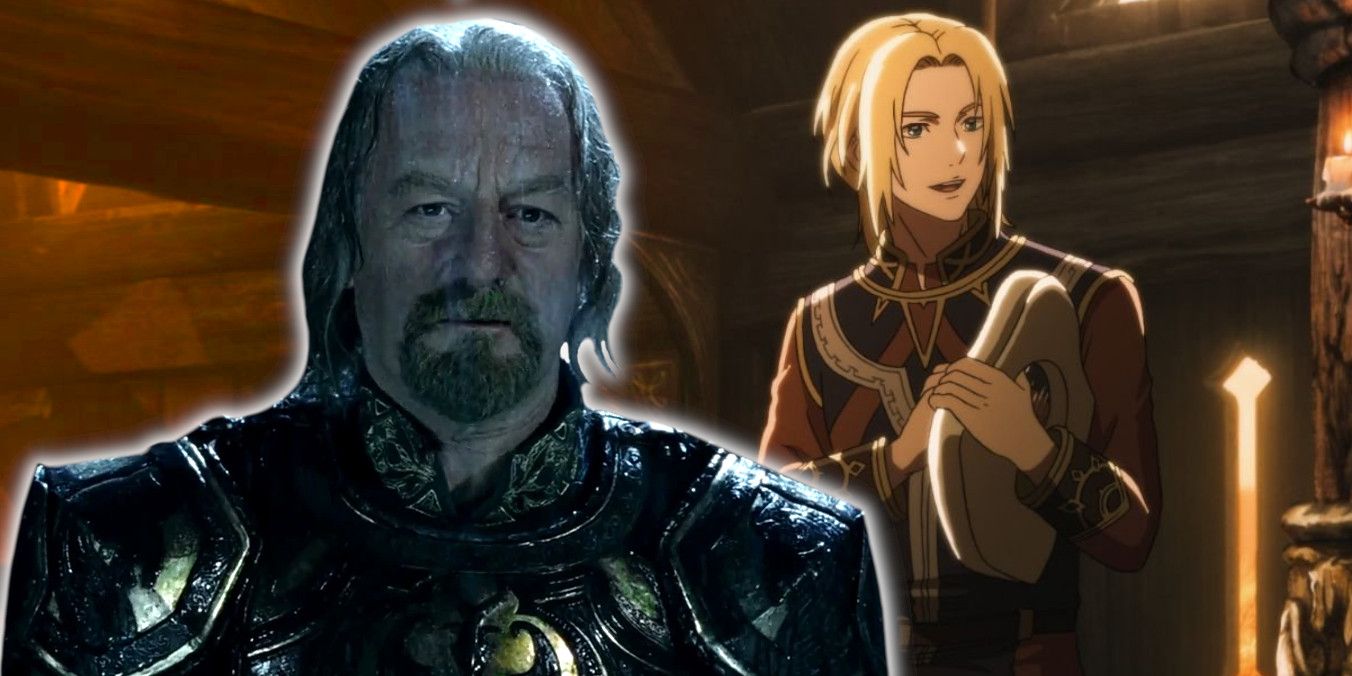
The Lord of the Rings: The War of the Rohirrim was directed by Kenji Kamiyama, but it took place in the same continuity as Peter Jackson’s live-action The Lord of the Rings films. The animated feature made some obvious references to Jackson’s trilogy, such as bringing back Miranda Otto as Éowyn to introduce the story. But other allusions were more subtle, and one such reference occurred early in the film. Hama, the youngest son of King Helm Hammerhand, was shown to have an affinity for music. In contrast to his more adventurous siblings, Hama spent his time singing and playing the harp. Early in the film, Hama performed a piece of music simply referred to as “Hama’s Song” on The War of the Rohirrim‘s official soundtrack.
“Hama’s Song” Was Emblematic of Better Times for Rohan
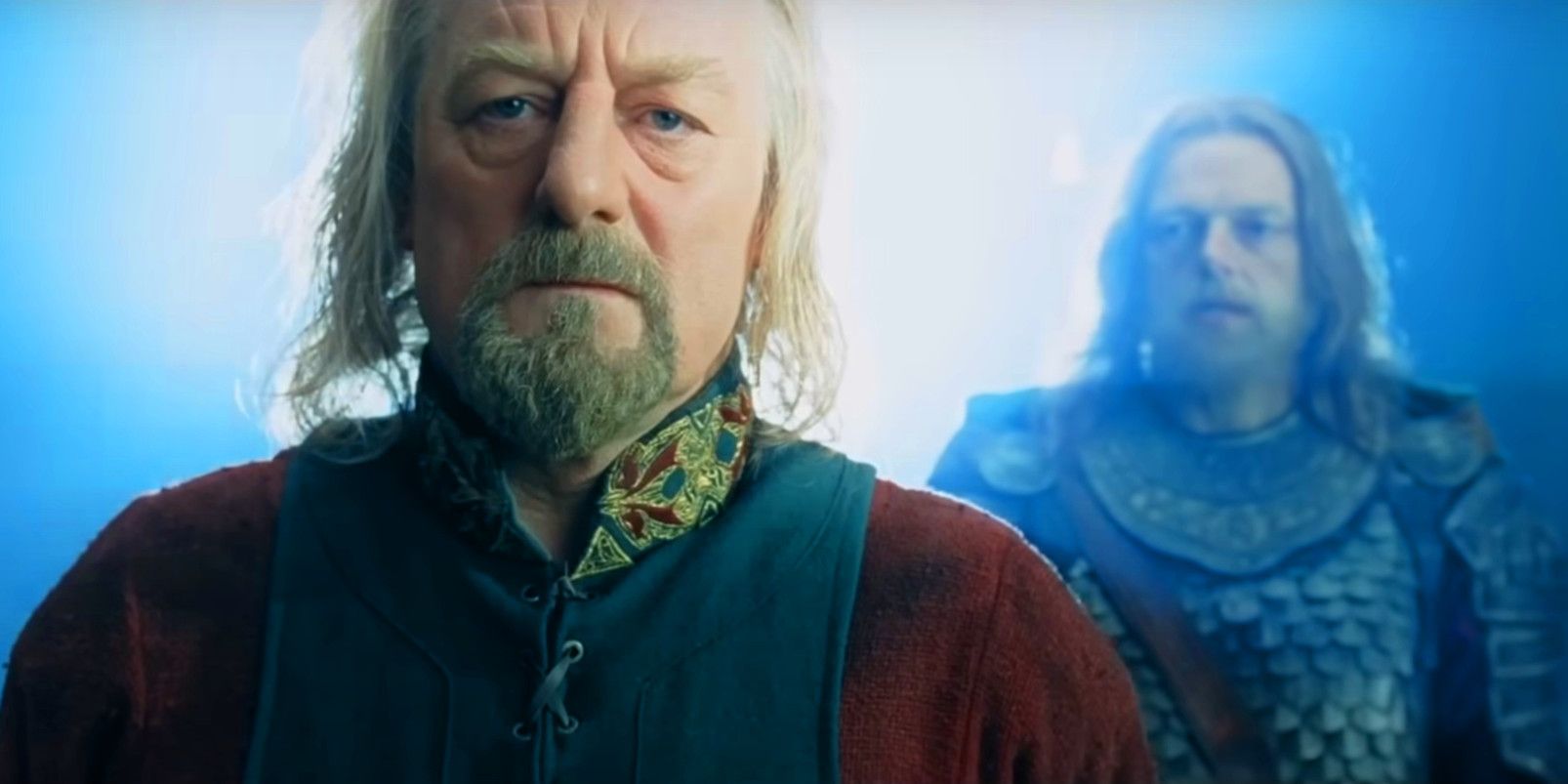
To whatever end. Where is the horse and the rider? Where is the horn that was blowing? They have passed like rain on the mountains, like wind in the meadow. The days have gone down in the west, behind the hills, into shadow. How did it come to this?
The point of Théoden’s speech was that Rohan’s glory days were in the past. Inspiring images such as a warrior bravely riding into battle were no more; instead, the Rohirrim were so desperate that peasants and children were forced to defend an abandoned fortress against overwhelming odds. “Hama’s Song” in The War of the Rohirrim had a far less sorrowful tone since the film took place at a different point in the kingdom’s history. Before the conflict with the Dunlendings, Rohan enjoyed a time of prosperity. Instead of yearning for the past as Théoden did, Hama was able to celebrate the present.
“Hama’s Song” Took Inspiration From the Novel
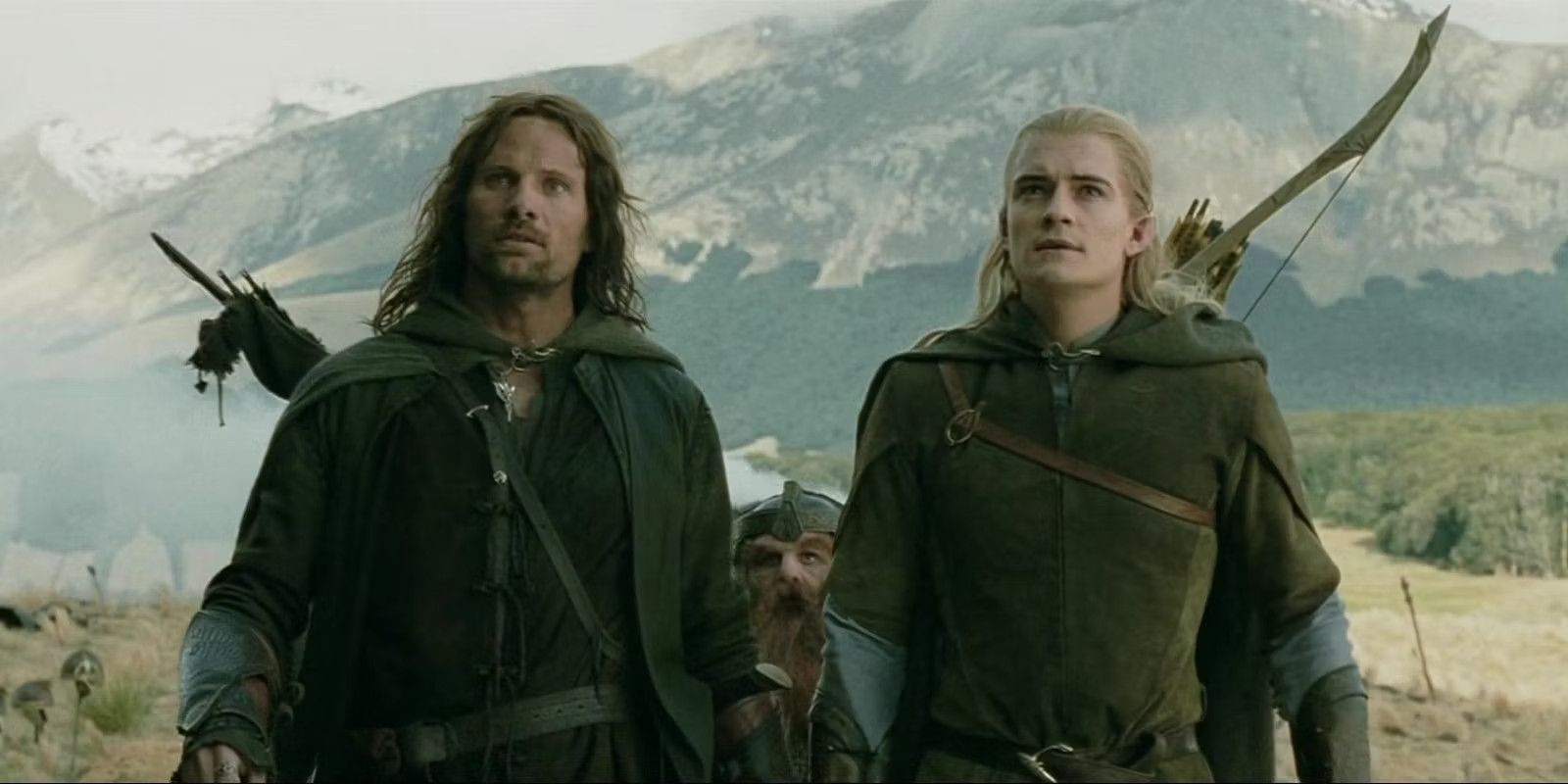
“The Wanderer” also included the Old English word þēoden, meaning “prince” or “king,” which served as the basis for Théoden’s name.
A variation of “Hama’s Song” listed as the “Hearth Edit” played over The War of the Rohirrim‘s end credits, and the first line of this version referenced another Théoden quote from The Two Towers. It opened with, “Will you answer the call when red breaks the dawn?” This called to mind Théoden’s rallying cry before charging into battle alongside Aragorn at the Battle of Helm’s Deep: “Fell deeds awake. Now for wrath! Now for ruin and the red dawn!” The rest of “Hama’s Song” did not line up with Théoden’s speeches or with the song in the novel, but it brought the quote back to its musical roots, which made it a rewarding Easter egg. The plot of The War of the Rohirrim was based on a very short section of the novel, but the writers still managed to incorporate such nods to Tolkien’s work.
